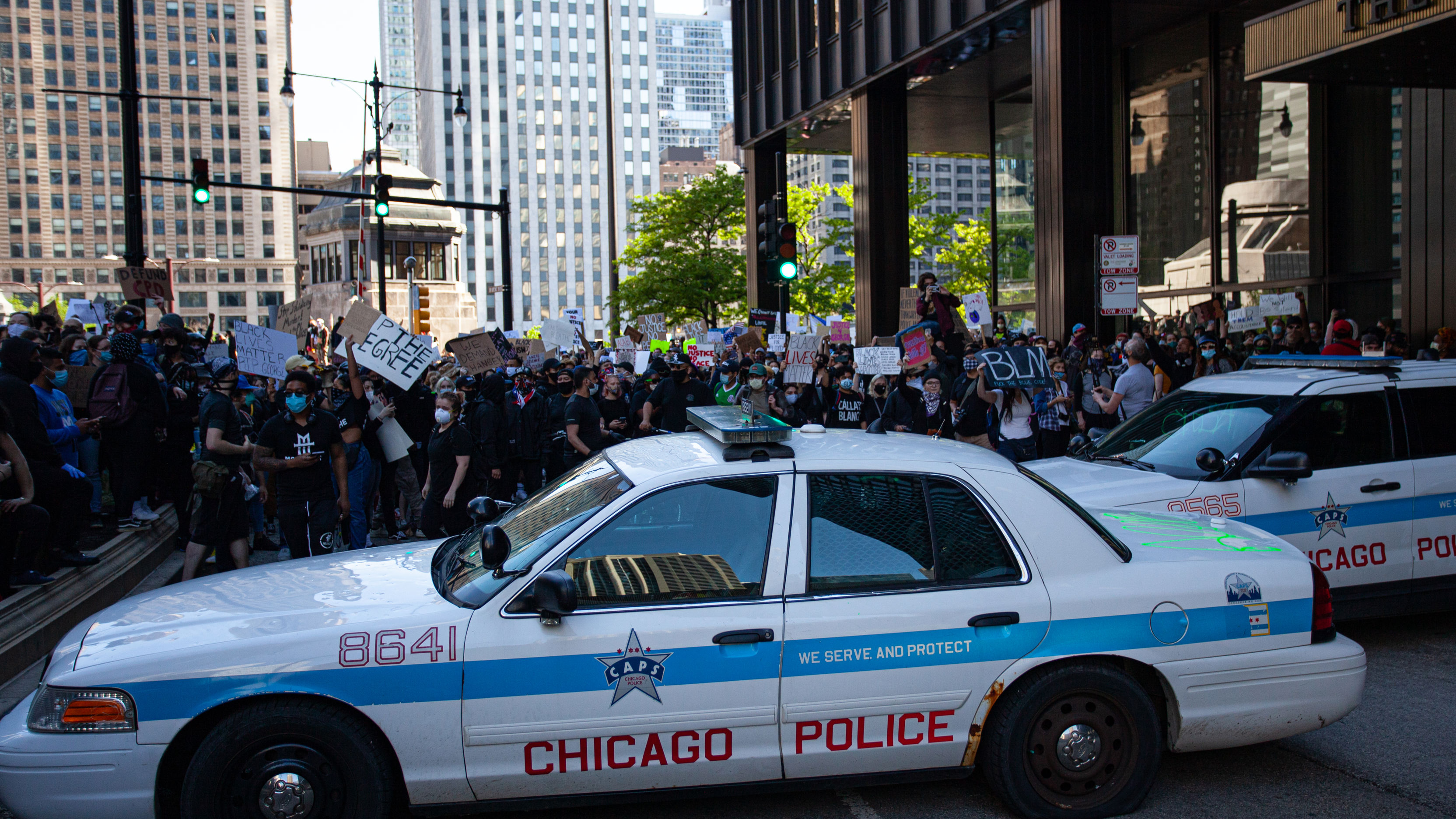
State and local law enforcement agencies use federal funds for a wide range of policing activities, such as hiring new officers and purchasing body-worn cameras. Before receiving federal grant funds, law enforcement agencies must verify that they will comply with civil rights laws, such as Title VI. This law prohibits discrimination on the basis of race, color, or national origin in programs and services by recipients of federal financial assistance, including state and local law enforcement agencies.
Title VI is not limited to federal grants. It also applies to any federal money, equipment, or other federal resources received by law enforcement agencies. Title VI makes discrimination against both individuals and groups of individuals illegal. It also covers a variety of discriminatory conduct, including use of racial slurs, failure to provide translation services to individuals who have limited English proficiency, discriminatory police traffic stops, and use of force. Law enforcement agencies that violate Title VI and do not comply with the law voluntarily are at risk of losing their federal funds.
Other federal laws that prohibit discrimination by recipients of federal funds include Section 504 of the Rehabilitation Act of 1973. Section 504 bans discrimination against individuals with disabilities in any program or activity receiving federal financial assistance. The Omnibus Crime Control and Safe Streets Act of 1968 bans recipients of grant funds from the United States Department of Justice (DOJ) from discriminating based on race, color, national origin, religion, or sex in their programs and activities.
Various remedies are available under these statutes including changes to law enforcement policies and practices.


